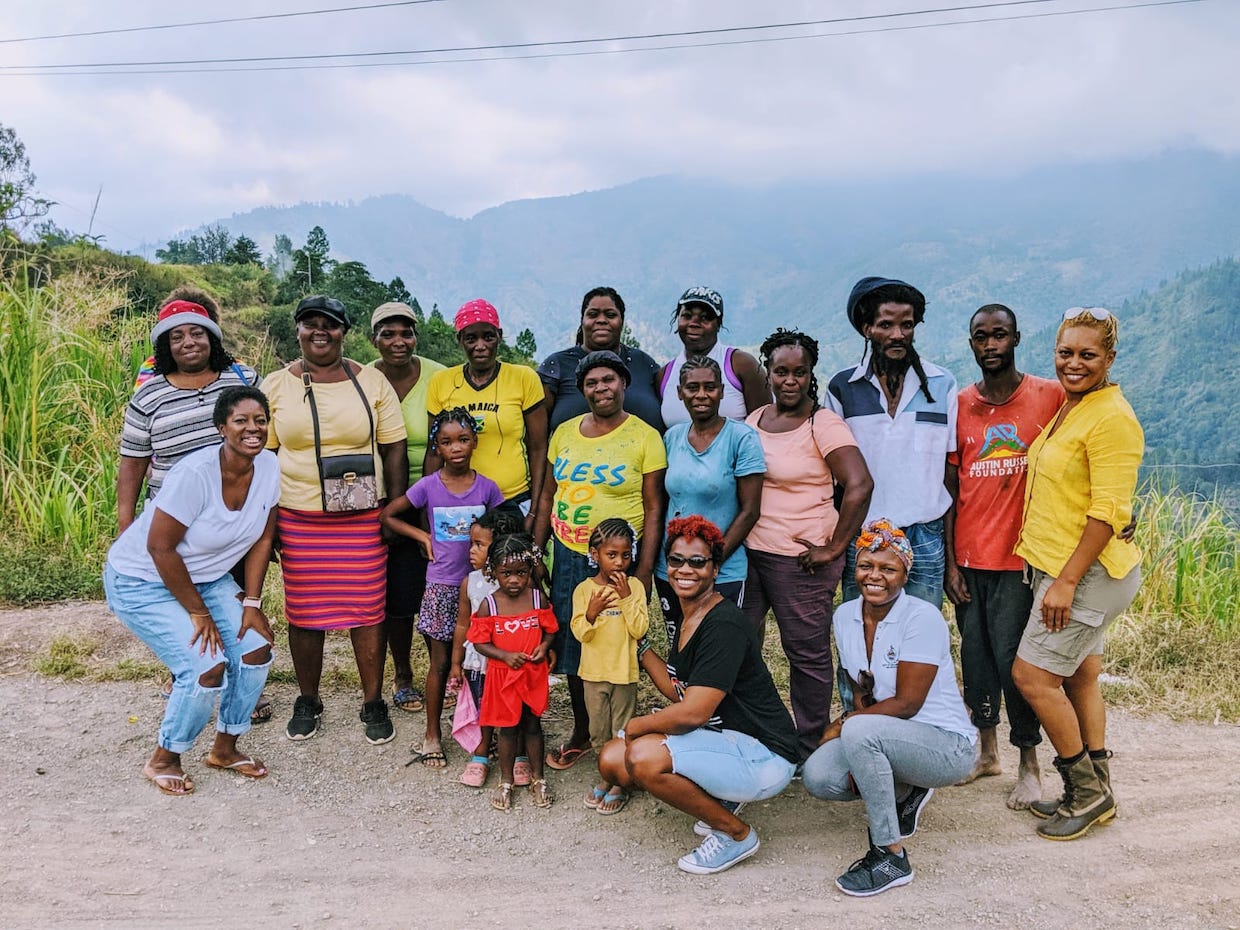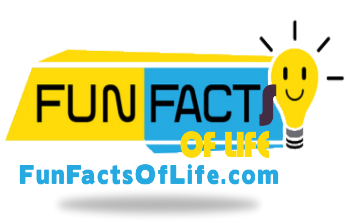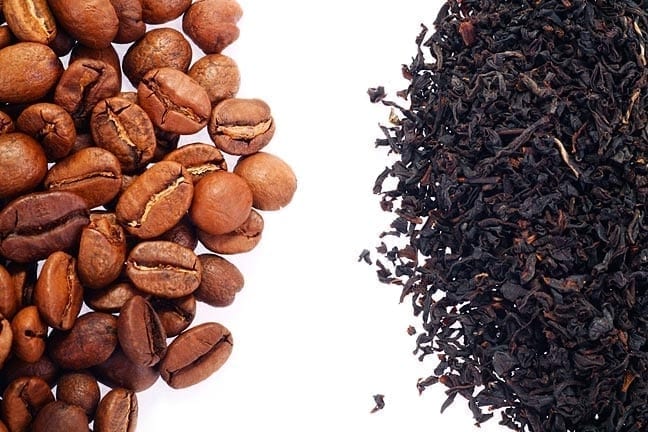If you are currently following a ketogenic diet, also called keto, then you have probably…

Andrea M. Johnson on Uplifting Jamaican Women in Coffee
An International Women’s Coffee Alliance (IWCA) national chapter since April 2019, Jamaican Women in Coffee (JAWiC) is working to assist and uplift Jamaican women coffee producers through education and resources.
The organization, an IWCA project partner, recently published its Field Survey Initiative: Pilot Project Report 2020, which summarizes the challenges and opportunities for women in coffee in Jamaica.
Along with its Field Survey Initiative, JAWiC has undertaken a multi-year project with the Coffee Quality Institute CQI called Higher Ground, focused on supporting sustainable farming practices, coffee quality improvements, business and marketing skills, and leadership capacity building.
At the heart of these efforts is JAWiC Co-Founder Andrea M. Johnson, who was born to Jamaican parents in New York. Today she lives and works in Kingston alongside her husband in their technology firm CRMmetry. We recently caught up with Johnson to learn more about the JAWiC’s pioneering efforts.
DCN: Can you tell us a bit about your background in the coffee industry?
AJ: started a business called Serra Trading Company in 2011. I sold single estate green beans exclusively from Jamaica to clients in the U.S., Canada, Europe and Asia. I eventually created a roasted product I sold directly to consumers online.
What is your connection to Jamaica and how did you get involved in coffee?
Both of my parents are Jamaican, and I am a dual citizen between Jamaica and the United States. Before I got into the coffee industry, I used to work in luxury marketing. I was considering enrolling in culinary school when my dad presented me with the idea of marketing the coffee from my cousin’s 500 acre farm in Blue Mountain. I knew nothing about coffee but was passionate about brand Jamaica so I said yes. I never really looked back!
How was the Jamaican IWCA chapter formed? Who initiated this and what goals does the chapter have for the region?
IWCA Jamaica was founded by myself, Marshalee Valentine, Lauren LeFranc, Sarada Krishnan and Dorienne Rowan Campbell in June of 2018. We all came together disillusioned by the state of the industry, yet hopeful that together we could begin to change the narrative. I attended an IWCA breakfast at the 2013 Specialty Coffee Association Expo, where I was introduced to IWCA and immediately believed it could be very impactful for Jamaican women. We had a meeting in Kingston and had quite a few attendees, but we did not formalize the entity until after I moved to Kingston full time. Our goal is to help empower women throughout the value chain through our five specific initiatives.
What did the Field Survey Initiative involve?
We wanted to learn more about the women working in coffee. We knew in order to support and serve them, we would have to get a deep understanding of their experience. We interviewed 67 women coffee farmers from the parishes of St. Andrew, Portland and St. Thomas, the three parishes that comprise the Blue Mountain coffee region.

What are some of the key challenges facing women in Jamaica as uncovered by the field survey? How does this manifest in the country’s coffee industry and farming communities?
The survey found women lack support overall — education and training, leadership development, infrastructure, finance, and market connections. Coffee is the largest earner of foreign exchange at 83% of traditional agricultural exports and an integral part of rural livelihoods. However, only 27% of registered coffee farmers are women and of these only 57% own their land.
The female coffee growers are an aging population — average is 52, with range of 26-89— yet 51% indicated they did not want their children to be in coffee due to the declining income. While 82% identified coffee as the main income source, 94% of those stated the income was insufficient to meet their family needs.
Interestingly, 69% stated they had not received any training in farming; 48% learned via trial and error. These facts are alarming as productivity declines, prices decrease, and other perturbations such as climate change and disease continue to stress this industry and make life hard for these women.
What are your personal goals for improving the lives of women in coffee? How does your work with the chapter lend itself to these objectives?
Personally, I hope to help level the playing field for these women and their families. They are so passionate about coffee they participate even when it feels like all is lost with the hopes to create a legacy for their children and communities. That is just so honorable. We have launched our Higher Ground project with CQI and have just completed our first training program. To see the women make the connection between their farming practices and the quality of their coffee was just so empowering and exciting!
“Three Questions” with Andrea M. Johnson
What about coffee inspires you most?
Coffee is a crop that has provided for families across the globe for generations, and if we get it right, [it] will continue to do so.
What about coffee concerns you most?
The price model is based on the free labor from slavery. The industry as a whole does not seem to want to compensate farmers fairly for their crops.
What would you be doing if it weren’t for coffee?
I don’t know. I always find my way back.






